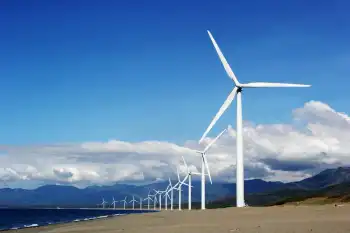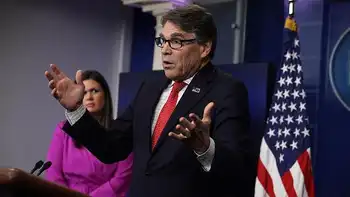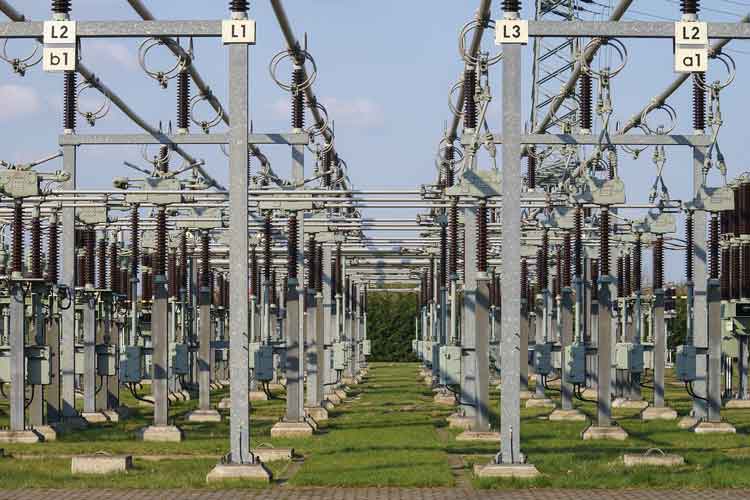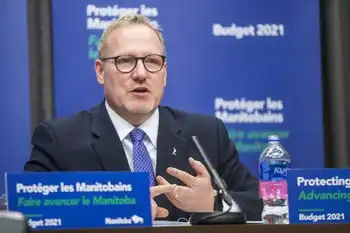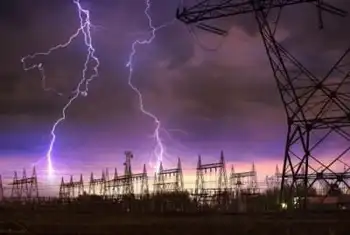Financiers urge reforms to launch African power
By Reuters
NFPA 70e Training - Arc Flash
Our customized live online or in‑person group training can be delivered to your staff at your location.

- Live Online
- 6 hours Instructor-led
- Group Training Available
The continent is battling acute power shortages, which have also hampered economic growth, as governments fail to attract the necessary investment to add capacity to the grids, despite abundant energy sources.
The continent has coal, uranium, hydro, solar, wind and biomass resources, which investors say could easily help light the entire continent and beyond.
"The problem isn't finance and never was... if you have a decent, bankable project in the power sector in Africa, you will be able to get the finance," David Donaldson, senior manager for infrastructure at the International Finance Corporation (IFC), the World Bank's private sector lending arm, told an Africa power conference.
Donaldson said a large number of African countries have yet to put the right regulatory frameworks in place to attract private investment. Credit-worthiness of the utilities and a sound power regulator were all-important factors for investors looking at a 10-15 year timeline, he said.
Tariffs also continue to be too low to allow for appropriate returns, including the cost for necessary maintenance.
"The fundamental issue remains that if at the end of the chain users are paying less for electricity than it can conceivably cost to deliver it to them... then that's a problem that can't go away," he said.
He said governments also needed to step in and provide guarantees until tariffs reach the right levels.
Development finance bodies have put in money and expertise to help streamline licensing processes that can take months to approve projects, but financiers have said more needs to be done.
Konrad Reuss, Africa Managing Director at rating agency Standard & Poor's, said developers should look at smaller projects rather than push for giant initiatives such as the Inga hydro project in the Democratic Republic of Congo (DRC) that has yet to materialize.
The Grand Inga dam could be a long-term solution to Africa's power problems, but investors have held back due to political risk and its $80 billion price tag.
"We've been talking about that for decades now... smaller projects would be the way to go," Reuss said.
The financiers mentioned Kenya as a good example of an African country which managed to attract various investors and bring independent power projects to completion.
Standard Bank's Director for CIB Project Finance Alastair Campbell said the east African country had put cost-reflective tariffs in place and also instituted a system through which by currency fluctuations could be passed on to the end consumer, eliminating one risk investors shy away from.
Industry and funders agreed that power purchase agreements (PPAs) were key to get projects off the ground, and called for power producers to be able to strike deals directly with consumers, such as mines.






